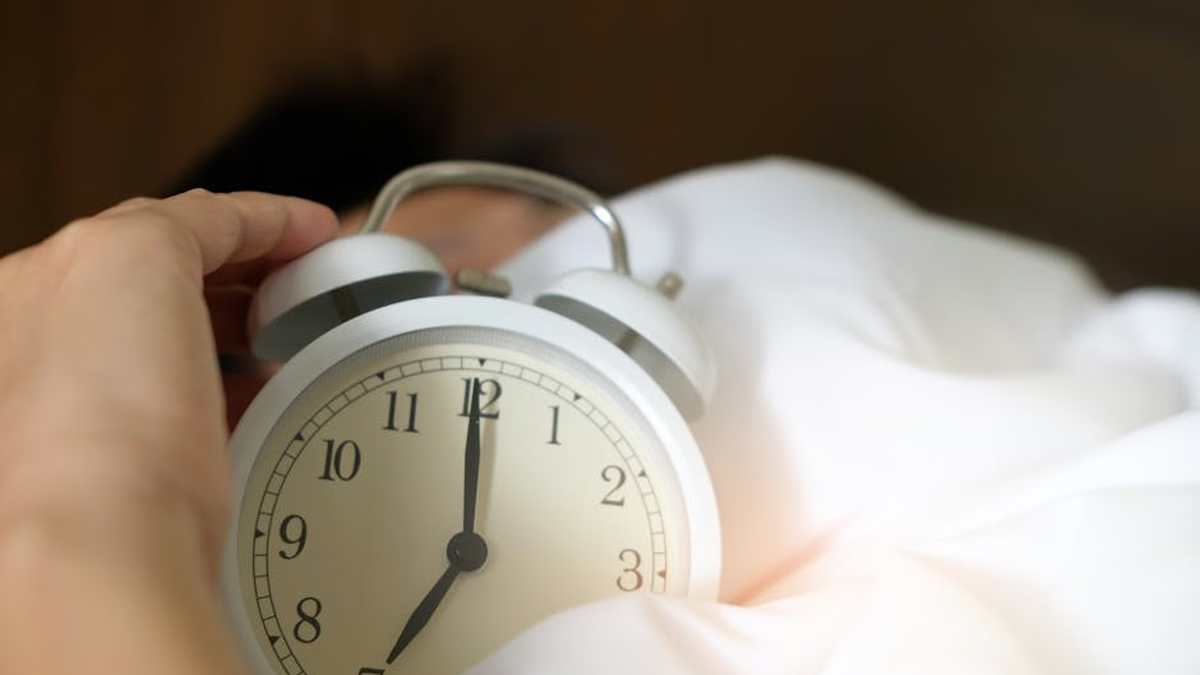That feeling of dragging yourself out of bed, even after a seemingly full night’s sleep? It’s a frustration millions experience. You clock those eight hours, expecting to wake up refreshed and ready to conquer the day, but instead, you’re met with a heavy-limbed, foggy-brained version of yourself. It’s disheartening, isn’t it? You’re not alone, and more importantly, there are answers.
The Mystery of Unrefreshing Sleep
It’s easy to assume that the number of hours we sleep is the only factor determining how we feel. However, sleep is a complex process, and several underlying issues can sabotage your rest, leaving you perpetually tired despite adequate time in bed. Let’s explore some common culprits.
Poor Sleep Quality
Quantity isn’t everything; quality sleep is paramount. Even if you’re in bed for eight hours, restless sleep, frequent awakenings, or spending too much time in light sleep stages can leave you feeling drained. Think of it like trying to charge your phone with a faulty charger – you might leave it plugged in all night, but it barely gains any power.
- Sleep Apnea: This condition causes you to repeatedly stop and start breathing during sleep, disrupting your sleep cycle and preventing you from reaching deep, restorative sleep.
- Restless Legs Syndrome (RLS): The irresistible urge to move your legs can make it difficult to fall asleep and stay asleep.
- Insomnia: Difficulty falling asleep or staying asleep can significantly impact sleep quality, even if you manage to get a few hours in.
Underlying Health Conditions
Sometimes, persistent fatigue is a symptom of a more significant health issue. It’s crucial to rule out any medical conditions that could be contributing to your tiredness.
Also Read: Feeling Dizzy Out of Nowhere? Here’s What Your Body’s Trying to Say
- Anemia: Iron deficiency can lead to fatigue, weakness, and shortness of breath.
- Thyroid Problems: Both hypothyroidism (underactive thyroid) and hyperthyroidism (overactive thyroid) can disrupt sleep patterns and cause fatigue.
- Diabetes: Fluctuations in blood sugar levels can interfere with sleep and lead to daytime fatigue.
- Chronic Fatigue Syndrome (CFS): This complex disorder is characterized by extreme fatigue that doesn’t improve with rest.
Lifestyle Factors
Our daily habits play a significant role in our sleep quality. Even seemingly small choices can have a big impact.
- Diet: Consuming too much sugar, caffeine, or alcohol, especially close to bedtime, can disrupt sleep.
- Lack of Exercise: While regular exercise can improve sleep, exercising too close to bedtime can have the opposite effect.
- Stress and Anxiety: Worrying thoughts and racing minds can make it difficult to fall asleep and stay asleep.
- Screen Time: The blue light emitted from electronic devices can interfere with the production of melatonin, a hormone that regulates sleep.
- Inconsistent Sleep Schedule: Going to bed and waking up at different times each day can disrupt your body’s natural sleep-wake cycle.
Taking Action: Reclaiming Your Rest
The good news is that you can take steps to improve your sleep and combat persistent fatigue. It starts with identifying potential causes and making necessary lifestyle adjustments.
Optimize Your Sleep Environment
Create a relaxing and conducive sleep environment.
- Keep your bedroom dark, quiet, and cool. Blackout curtains, earplugs, and a fan can help.
- Invest in a comfortable mattress and pillows. Your bed should be a sanctuary, not a source of discomfort.
- Establish a relaxing bedtime routine. This could include taking a warm bath, reading a book, or listening to calming music.
Prioritize Sleep Hygiene
Practice good sleep hygiene habits to regulate your body’s natural sleep-wake cycle.
- Go to bed and wake up at the same time each day, even on weekends.
- Avoid caffeine and alcohol close to bedtime.
- Limit screen time before bed.
- Get regular exercise, but avoid strenuous workouts close to bedtime.
Seek Professional Help
If lifestyle changes don’t improve your sleep, it’s essential to consult a doctor to rule out any underlying medical conditions. A sleep study can help diagnose sleep disorders like sleep apnea. Don’t hesitate to seek professional guidance.
Finding Your Energy Again
Feeling perpetually tired, even after eight hours of sleep, is a frustrating experience. But by understanding the potential causes and taking proactive steps to improve your sleep, you can reclaim your energy and start feeling like yourself again. Remember, prioritizing your sleep is an investment in your overall health and well-being. It might take some time and effort, but the rewards of waking up feeling refreshed and energized are well worth it. Start small, be patient, and listen to your body. You deserve to feel rested and vibrant.





